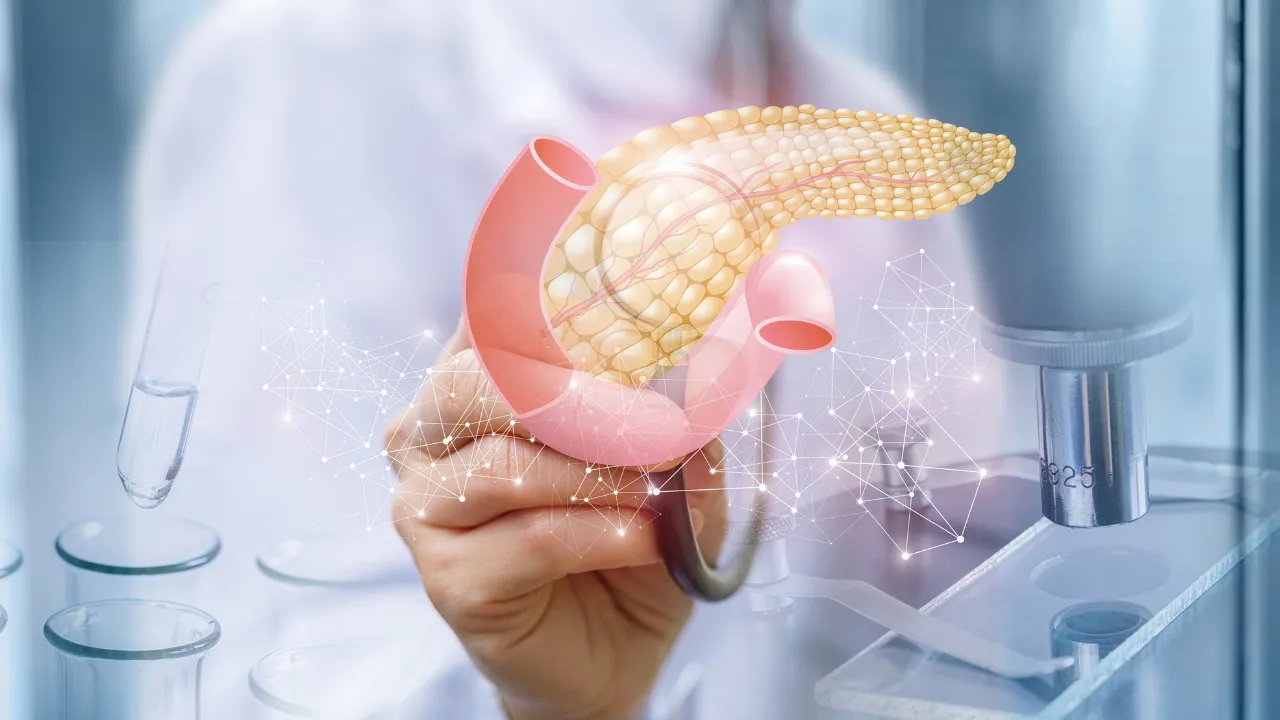EVERYTHING YOU SHOULD KNOW ABOUT TYPE 2 DIABETES
Type 2 diabetes is a chronic condition that affects millions of people worldwide. It is characterized by high levels of glucose (sugar) in the blood, which can lead to serious health complications if left untreated.
Understanding the causes, symptoms, and treatment options for type 2 diabetes is crucial for managing the condition and preventing complications. In this article, we will discuss everything you should know about type 2 diabetes.

Causes of type 2 diabetes: Type 2 diabetes is caused by a combination of factors, including genetics, lifestyle, and age. People who are overweight or obese, have a family history of diabetes, and are over the age of 45 are at a higher risk of developing the condition. Additionally, a diet high in sugar and processed foods, lack of physical activity, and high stress levels can also contribute to the development of type 2 diabetes.
Symptoms of type 2 diabetes: The symptoms of type 2 diabetes can be subtle and may not be noticed for some time. Common symptoms include increased thirst and urination, blurred vision, fatigue, slow wound healing, and frequent infections. However, some people with type 2 diabetes may not experience any symptoms at all.
Diagnosis of type 2 diabetes: Type 2 diabetes is typically diagnosed through a blood test called a hemoglobin A1c test. This test measures the average level of glucose in the blood over the past three months. A level of 6.5% or higher indicates diabetes. Your doctor may also perform a fasting blood glucose test to confirm the diagnosis.
Treatment options for type 2 diabetes: The goal of treatment for type 2 diabetes is to lower blood sugar levels and prevent complications. Treatment options include lifestyle changes, such as healthy eating, regular physical activity, and weight management, as well as medication. Oral medication such as Metformin, Sulfonylureas, DPP-4 inhibitors, GLP-1 receptor agonists, SGLT-2 inhibitors, and GLP-1 receptor agonists are the common medications used to manage type 2 diabetes. Insulin therapy may also be necessary for some people.
Complications of type 2 diabetes: Over time, high blood sugar levels can lead to a number of serious health complications, including heart disease, stroke, nerve damage, kidney disease, and amputations. Regular check-ups with your doctor and monitoring blood sugar levels can help to prevent these complications.
Prevention of type 2 diabetes: Lifestyle changes, such as maintaining a healthy weight, regular physical activity, and healthy eating can help to prevent type 2 diabetes. Eating a diet rich in fruits, vegetables, and whole grains, and low in processed foods and added sugars can also help to lower the risk of developing the condition.
Additionally, quitting smoking and managing stress levels can also help to lower the risk of developing type 2 diabetes. It is important to note that type 2 diabetes is a progressive condition and may require more intensive treatment as the disease progresses. Regular check-ups with your doctor and monitoring blood sugar levels are crucial for managing the condition and preventing complications. With the right treatment, people with type 2 diabetes can lead healthy and active lives.
In conclusion, type 2 diabetes is a serious condition that affects millions of people worldwide. Understanding the causes, symptoms, and treatment options for type 2 diabetes is crucial for managing the condition and preventing complications. Lifestyle changes, such as healthy eating, regular physical activity, and weight management, as well as medication are the main treatments for type 2 diabetes. Regular check-ups with your doctor and monitoring blood sugar levels can help to prevent complications and lead to a healthy and active life. Remember to consult with your doctor for individualized treatment plan.
Copyright 2023. All rights reserved.
This site and the products and services it offers, are not associated or affiliated with, nor endorsed or sponsored by Youtube or its parent. They have not been reviewed, tested or certified by Youtube or its parent company. Causes of ailment or condition vary amongst individuals. It is incumbent on each individual to perform due diligence before purchasing any product or service recommended by this site, to verify with the manufacturer any claim, statistic, quote or other representation about the product or service. Results mentioned in testimonials and references are not typical, and are intended to serve as examples only.This site may contain affiliate links, or other forms of compensation. An affiliate link is where we recommend a product or service and provide a link through which you may purchase. In the event that a purchase is made, we will be compensated. These statements have not been evaluated by the Food and Drug Administration.
